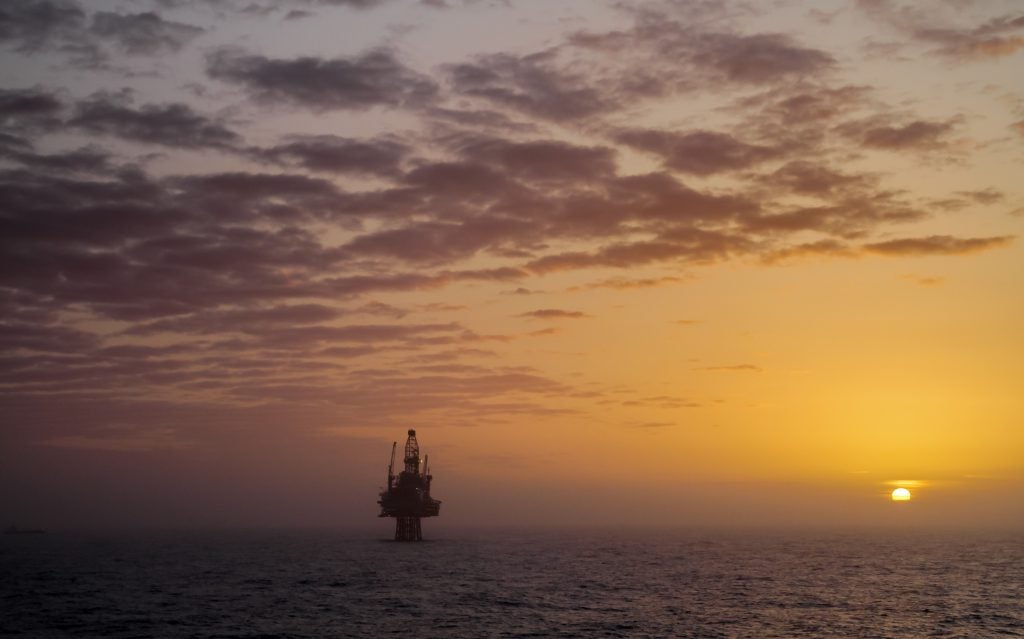The UK oil sector could beat output forecast by 30% if the required investment is secured for exploration and development, according to an industry group.
“Improved recovery rates and slower decline are both achievable but only if investment can be secured,” said OEUK in its Economy and People report, published on Tuesday.
The required new investment would be around £20bn ($25.37bn), the group, which advocates for the UK’s offshore energy sector, said.
It added that the UK Government’s “decisions following next month’s election offer the opportunity to focus on a homegrown energy transition which could secure the livelihoods of hundreds of thousands of highly skilled people”.
According to Offshore Technology’s parent company, GlobalData, the UK produced a total of 1,65mboe/d in 2020.
However, the country’s current daily production is around 1.2mboe/d, according to the UK’s industry regulator, the North Sea Transition Authority. It projects this to fall to 700,000boe/d in 2030.
OEUK added that moving forward all investment opportunities currently under consideration by companies would slow that decline, meaning output in 2030 would be 900,000boe/d.
The trade group also added that if investments dry up, the nation might be pumping just 600,000boe/d at the end of the decade.
The group’s comments come just a few weeks before the UK’s general election, with Labour holding a commanding lead over the incumbent Conservatives.
Labour has announced plans to immediately stop issuing new oil and gas exploration licences, citing environmental concerns, and arguing household energy bills won’t go down.
It also aims to raise the windfall tax on oil and gas by three percentage points.
OEUK said that around “60% of the resources yet to be approved could be produced in the next ten years, and around half of the remaining resources are in fields that are already producing, with the others in new fields”.
John Browne, the former head of BP, recently backed the Labour Party pledge to end North Sea oil and gas exploration.
The industry heavyweight, who joined the energy giant as an apprentice in the 1960s, said that plans for the North Sea and the “energy transition” would be important issues at the next election.









